Google Go launches in Africa
This week, Google released the Google Go app in South Africa, with upcoming launches in other African countries. The modified search app circumvents the continent’s slow internet connections. Charles Murito, Google’s country head for Kenya, which also hosts the company’s sub-Saharan African headquarters, states that the launch of Google Go was driven by the large number of smartphone users on the continent with small phone memories, and unreliable and expensive data connections. The app aims to reduce the amount of time needed to produce search results by 40 percent. Downloading the Google Go app is relatively faster than the full Google app, and this new version is designed to take up less space on the phone: It is only 5 MB in size. Google is presently working with local telecommunication companies—such as MTN and Vodacom—to ensure that the app can work on internet connections that are as basic as 2G networks. Moreover, the app will allow users to access previous search results when offline. In this version of the search app, the voice feature, in which users to search using only a voice command, will allow users to switch between languages, including Swahili. The app will be available in 26 African countries, and Google plans on expanding it to other emerging markets, notably India, Brazil, and Indonesia.
Google Go is not the first lightweight application to launch on the continent. Last year, Google launched YouTube Go in Nigeria, an application that allows users to download rather than stream videos, thus saving on data costs. Two years ago, Facebook Lite launched in developing countries. The app is also designed to run on slower internet connections and uses a smaller amount of memory space.
UN humanitarian conference raises $528 million for DRC relief effort; drc does not attend
Last Friday, April 13, the United Nations, the Netherlands, and the European Union hosted a humanitarian conference for the Democratic Republic of the Congo (DRC), garnering commitments for $528 million in aid for 2018. The United Kingdom and the European Union were the two largest donors, accounting for more than 40 percent of the total $528 million pledged. The U.N. is hoping to raise a total of $1.7 billion this year to provide humanitarian assistance to 10.5 million people.
Notably, the Congolese government boycotted the conference, as President Joseph Kabila denies the existence of a humanitarian crisis in his country. Following his government’s announcement, the United Arab Emirates, a co-sponsor of the conference, suspended its participation, likely impacting the amount of aid raised at the conference. However, speaking after the event, the U.N. Emergency Relief Coordinator, Mark Lowcock, said that he expects a “better financed response for the DRC this year than we got last year” when the U.N. reached only 60 percent of its target.
In an unexpected move this week, the Congolese government announced the creation of a special fund to manage all aid donations. According to a statement from the cabinet, the new agency would “manage, monitor, and control humanitarian funds and work to channel all financial flows affecting the humanitarian sector.” As of now, it is unclear how the creation of this new agency will affect the U.N.’s aid efforts in the DRC.
Africa-related events in DC this week
As finance ministers, central bank governors, and international delegations descend upon D.C. this week for the Spring Meetings of the International Monetary Fund (IMF) and World Bank Group, from April 20 to 22, 2018, several important Africa-focused events and report launches are taking place. On Tuesday, the Brookings Africa Growth Initiative hosted a public event with representatives from the African Development Bank who presented their African Economic Outlook 2018 report, which centers on strategies to promote job-creating economic growth and finance the development of Africa’s infrastructure.
Furthermore, the World Bank released its Africa Pulse report, which highlights the risks posed by mounting external debt in African countries, as well as opportunities for accelerating progress in expanding access to electricity in Africa. Meanwhile, the IMF launched its World Economic Outlook report, which will be followed by the release of the Regional Economic Outlook for sub-Saharan Africa in coming weeks. The World Bank and IMF projected in their reports that sub-Saharan Africa would grow at 3.1 percent and 3.4 percent, respectively, in 2018. The World Bank downwardly revised its 2018 projections (compared to those for 2018 in January) based on slower-than-anticipated recovery in Nigeria’s oil sector, whereas the IMF chose to increase its forecast due to improving conditions for commodity exporters and a brighter outlook for South Africa.
Moreover, the President’s Advisory Council on Doing Business in Africa held a meeting on Wednesday, April 18 to adopt recommendations for a report to the White House about what the U.S. government can do to overcome challenges to doing business in Africa. The advisory council members put forward their advice with respect to establishing a memorandum of understanding with Ethiopia on trade, as well as procurement reform to level the playing field for U.S. companies competing for business opportunities in Africa. Members of the council will be a taking a trip to the Côte d’Ivoire, Ethiopia, Ghana, and Kenya in June 2018.
Swaziland changes its name
On April 19, King Mswati III of Swaziland announced that the country’s new official name would be eSwatini. The proclamation came during Swaziland’s Golden Jubilee celebrations, marking the country’s 50 years of independence as well as the king’s 50th birthday.
The Brookings Institution is committed to quality, independence, and impact.
We are supported by a diverse array of funders. In line with our values and policies, each Brookings publication represents the sole views of its author(s).


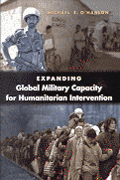
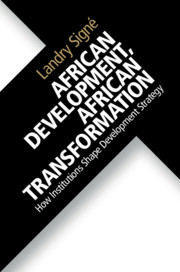
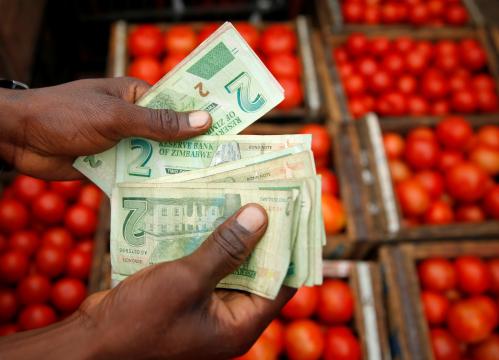

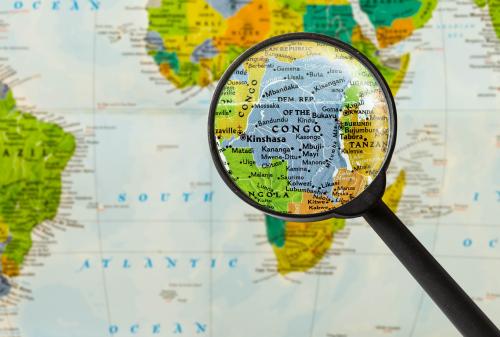

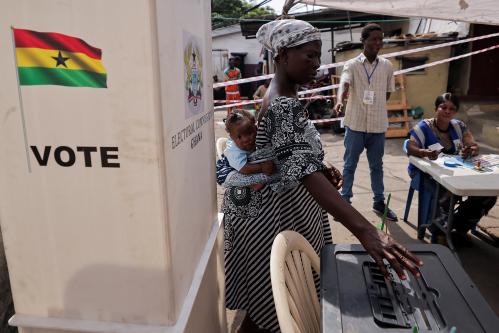


Commentary
Africa in the news: Google Go launch, DRC humanitarian conference, and WB/IMF Spring Meetings
April 20, 2018